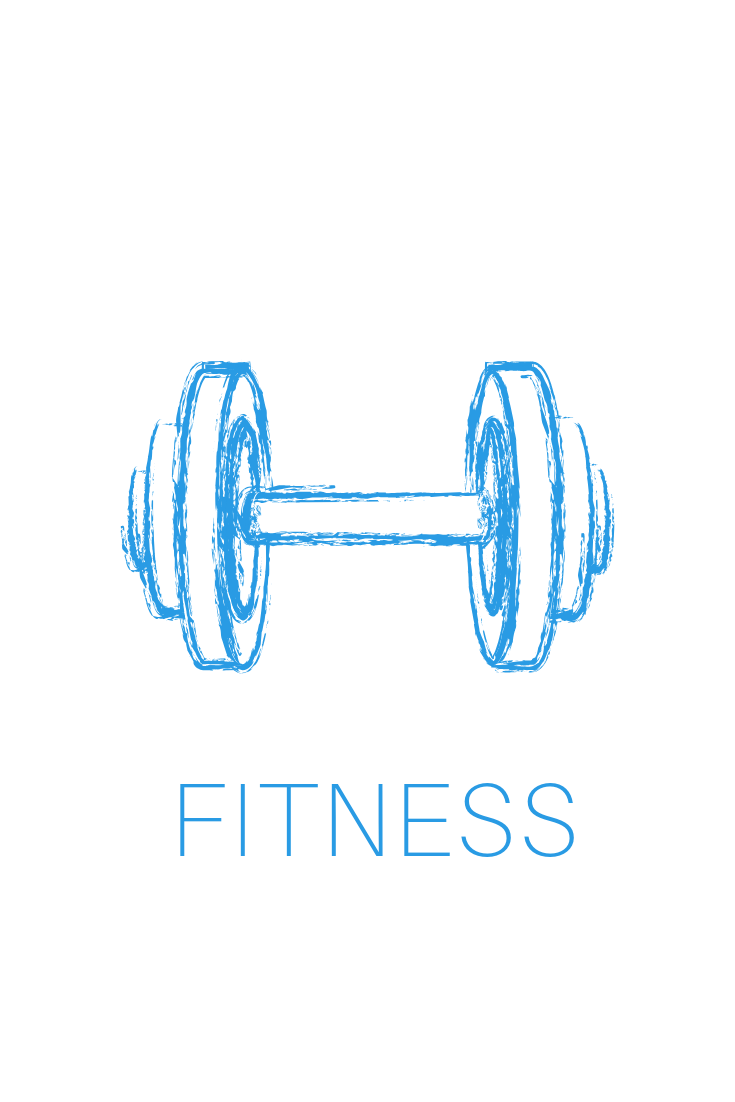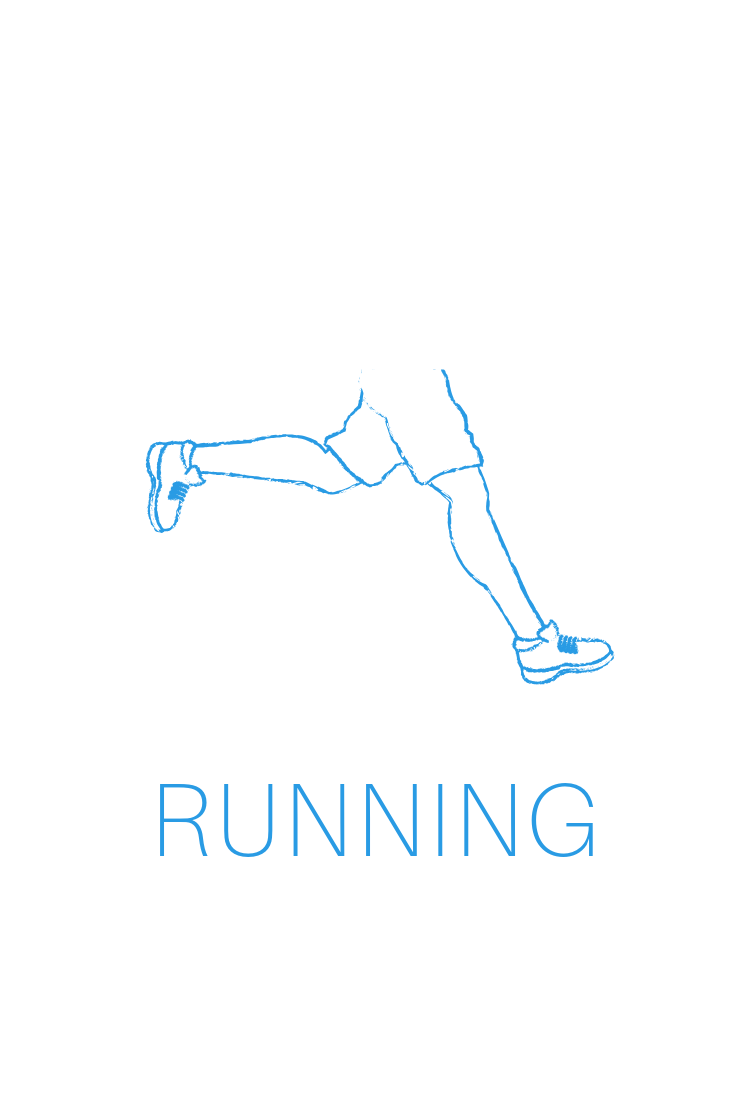Breaking and Creating Habits
We first make our habits and then our habits make us
Within psychology, the term habit refers to a process in which a situation prompts action automatically. Habitual behaviour is learned through prior performance and is performed with minimal cognitive effort, awareness or intention.
For example, making the decision to brush your teeth is not particularly stressful or taxing, it’s something you simply do (although getting your kids to brush their teeth can be a struggle!).
Both good and bad habits often happen without us even realising it. Your child hands you her half eaten cookie and you pop it in your mouth without thinking about it. You drive to work without remembering getting in your car. You wake up to find you’ve pressed the snooze button 3 times and missed your gym session.
We all have habits that we know need to be changed, and yet in this busy phase of our lives, raising children, caring for parents, working to further our careers, it’s often easier to ignore these needs and continue as we are. In order to be willing to put in the work to create habit change, we need to be motivated. When faced with your negative behaviours, ask yourself:
Is this habit serving me well?
What will happen if I continue without making a change?
For example eating your child’s leftovers: This extra food is not serving you well. If you continue over time without changing this habit you may find yourself carrying a few extra pounds.
When looking to make positive behavioural change, ask yourself similar questions:
Is there a habitual activity I should undertake that will serve me well?
What will happen if I continue without making a change?
An example of positive habit change is regular exercise. You know this habitual activity will serve you well. If you continue on without including exercise in your life, your health will most likely suffer.
So then, how do we initiate change? The process involved in behaviour change, whether it be positive or negative is essentially the same and involves:
Reward, Repetition and Routine.
REWARD
All of our actions, whether it be positive or negative, conscious or subconscious, are motivated by something – children may misbehave due to their need for attention, drinking a glass of wine offers stress relief, we may skip the gym to avoid the pain associated with exercise.
In order to initiate change, we need to consider the reward we are gaining from our current behaviour and replace it with something else.
For example a child’s desire for attention through bad behaviour can be moderated by rewarding them for good behaviour. The relaxing glass of wine could be replaced with a peppermint tea or a warm bath. If you make the effort to get to the gym on a regular basis, reward yourself with a new outfit.
REPETITION
We are what we repeatedly do – Aristotle
Initially, behaviours require our full concentration, which takes place in the brain’s pre-frontal cortex. But once an action has been performed over and over, it gets stored in deeper brain regions associated with automatic behaviour.
I estimate that I’ve brushed my teeth at least 31,390 times over the past 44 years. It’s become such a habit that I occasionally have to try to remember whether I’ve brushed my teeth before I get into bed (granted this could also be because I’m losing my memory!).
The same goes for anything we do, both good and bad. We may sit down for dinner and wonder why we are not feeling hungry before we realise we’ve been nibbling on food the whole time we were cooking. (A simple way to stop this habit is to force yourself to sit down whenever you eat or drink anything – eat mindfully).
Repetition can be used to promote healthy habit change by performing positive actions as often as we can. If you are exercising once a week, it can be so easy to skip a session.
However, if you exercise 3 times a week, this activity will become more ingrained in your brain as something you do and you will be less likely to stop.
ROUTINE
We know the importance of creating morning and evening routines for our children to help them feel safe, secure and settled, from newborns through to teenagers. Well, why is it any different for us now we are adults?
The more we can create a sense of routine in our week, the more likely we are to stay on track. And it doesn’t mean our lives have to be boring or repetitive. Think of routine as a structure which creates the space for wonderful things to happen. Set up your week with clear times for exercise. Be prepared with healthy meals. Carve out enough time for quality sleep.
Once these basic routines are established, you are more likely to enjoy good health, increased energy levels, greater capacity and therefore the ability to live a full, active and energised life.
by Angie Black
Hey! I’m Angie. I’m passionate about fitting exercise into your life, for the rest of your life.
BLOG CATERGORIES:








